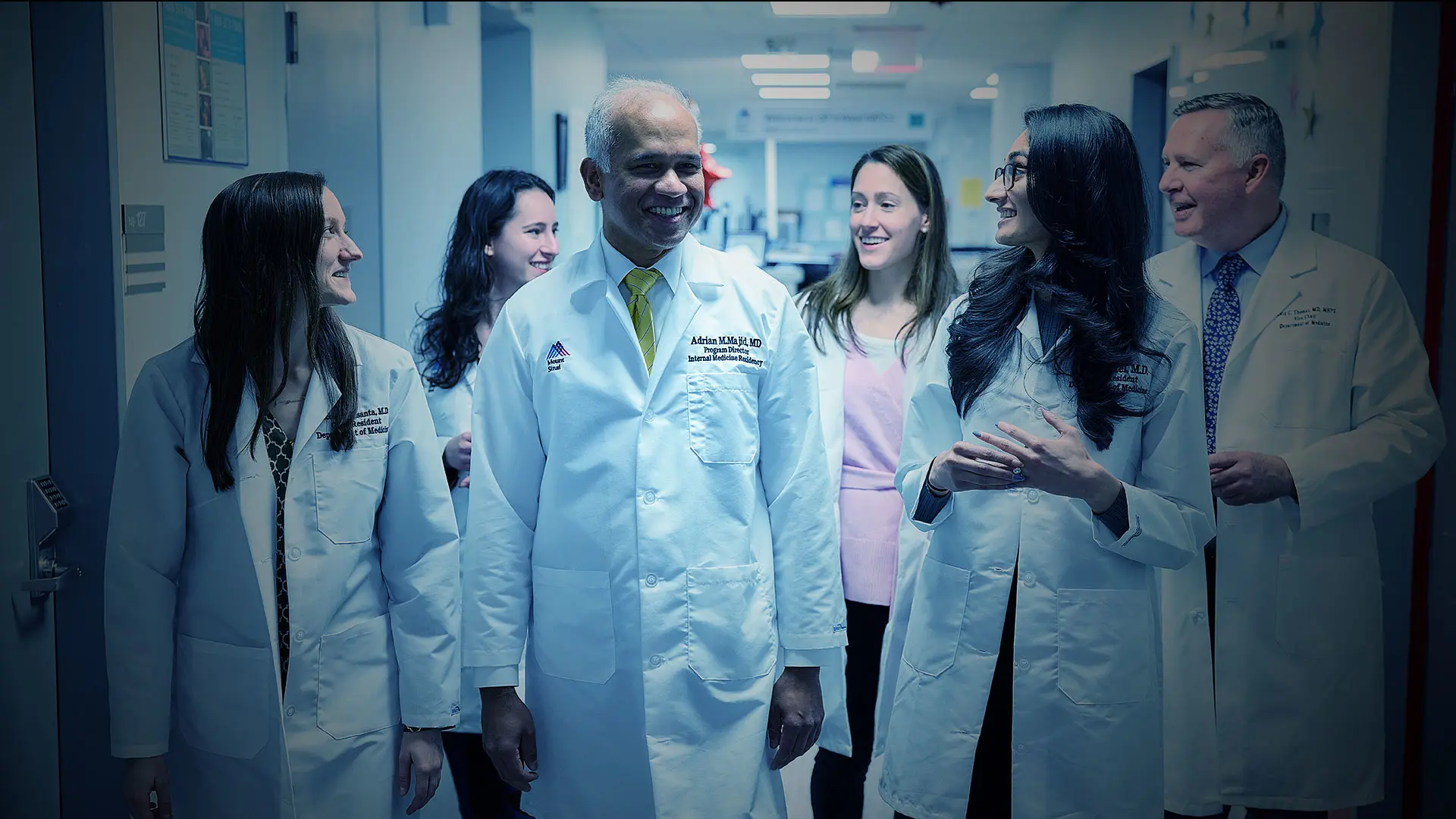Staying laser-focused on the future direction of medicine has enabled the Icahn School of Medicine at Mount Sinai to tailor its training to the evolving needs of Internal Medicine residents and fellows.
It has added programs in advanced fields such as genomics and point-of-care ultrasound (POCUS) while building skills and knowledge in disciplines, such as primary care, transgender medicine, and geriatrics, where physicians can have clinical as well as societal impact in the course of their careers. In the process, the Department of Medicine has built one of the largest and most sought-after Internal Medicine residency programs in the country, with more than 400 trainees at three Manhattan-based hospitals, in addition to 30 fellowship programs across a wealth of specialties.
“We’re constantly thinking about where medicine needs to be in 2030 and beyond, and what our residents will need to know when they become faculty,” says David C. Thomas, MD, MHPE, Professor of Medicine (General Internal Medicine) at Icahn Mount Sinai, Interim Dean for Medical Education, and System Vice Chair for Education for the Department of Medicine. “Through innovative programming we’re able to educate any medical student in the country by personalizing a plan geared to their clinical and academic needs and interests. That makes our agenda unique.”
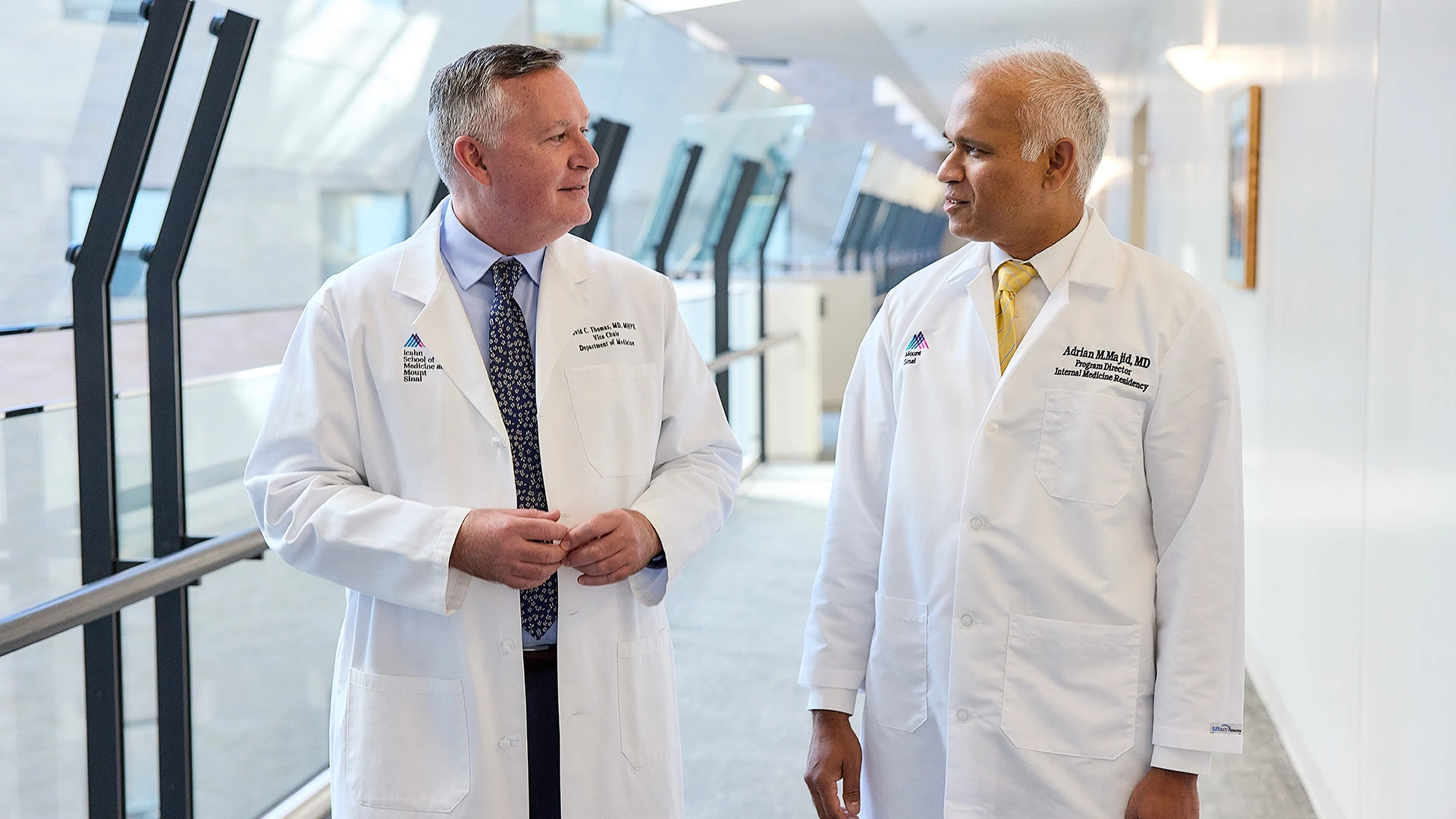
David C. Thomas, MD, MPHE, and new Program Director Adrian Majid, MD, lead one of the most competitive internal medicine residency programs in the United States.
POCUS is a fitting example. As ultrasonography has become an increasingly important diagnostic tool at the patient’s bedside, Mount Sinai has responded with a robust curriculum for trainees developed by a newly hired associate program director for POCUS. That initiative includes an expansion of elective courses residents can take to ensure both didactic and hands-on experience with the sophisticated machines during their clinical rotations. The program also acquired two hand-held ultrasound devices, giving them access to training opportunities in more ways than ever before.
Also launched in recent years were several primary care tracks that, in addition to providing broad-based clinical education, are helping to change the notion of what good doctoring looks like in communities.
“Our goal is to encourage more residents to pursue careers in primary care, which is always a challenge for medicine,” acknowledges John Andrilli, MD, Associate Professor of Medicine (General Internal Medicine) at Icahn Mount Sinai and Director of the Internal Medicine Residency Program at Mount Sinai Morningside and Mount Sinai West. “Our residents not only spend more time in primary care offices than other residents, but actually go out into the community to spend a day or two at senior citizen centers or to work closely with other local partners to understand the type of care and services patients are receiving.”
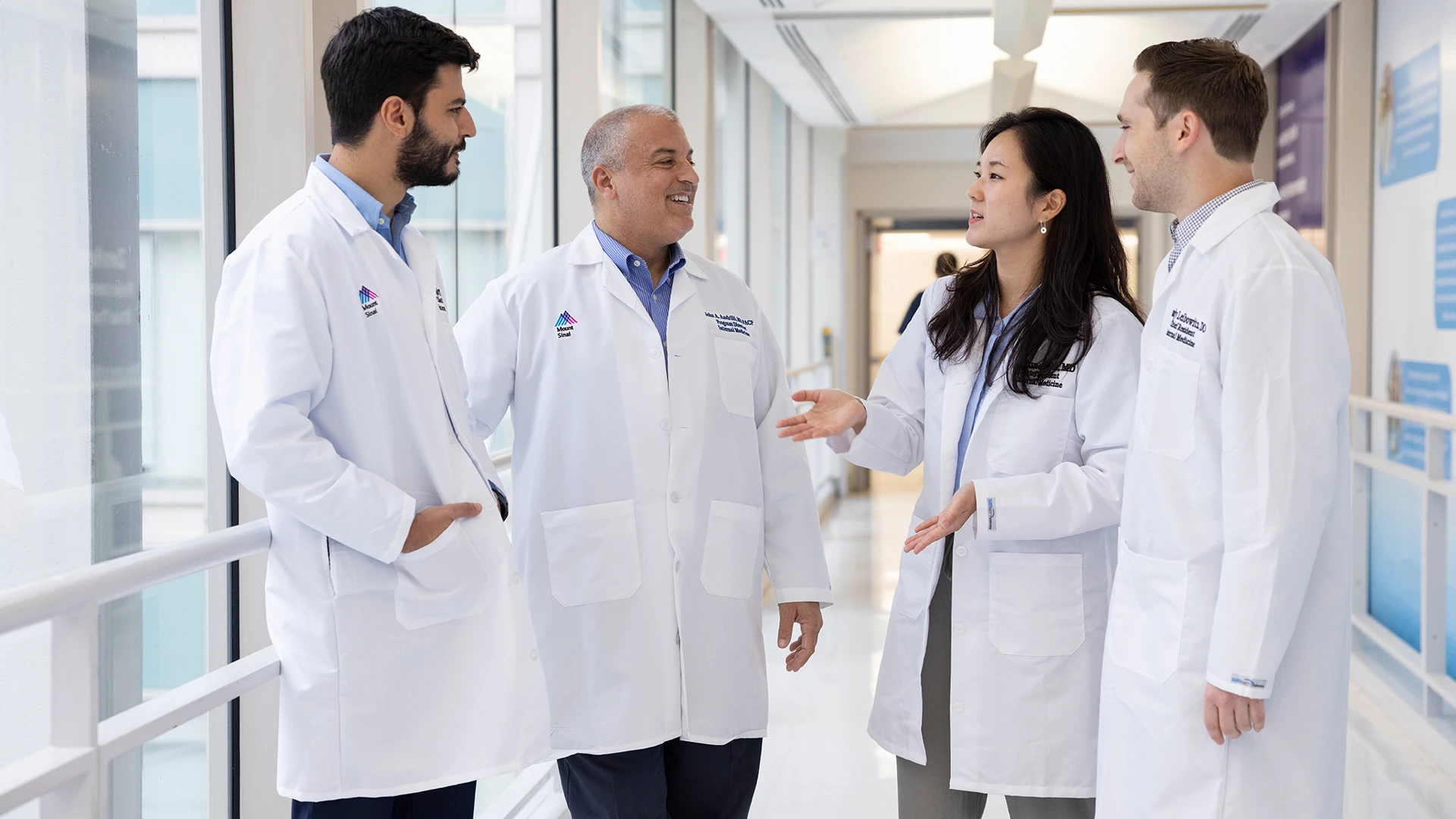
John Andrilli, MD, second from left, with the 2023-24 Mount Sinai Morningside and Mount Sinai West Chief Residents, Joseph Elias, MD; Jeeyune Bahk, MD; and Randy Leibowitz, DO
According to Dr. Thomas, that type of outreach extends to residencies at The Mount Sinai Hospital as well as Mount Sinai Morningside and Mount Sinai West. “In addition to their medicine component, our programs have a strong emphasis on understanding a patient’s social determinants and sending trainees into the community to learn more,” he explains. With their feet on the ground, Mount Sinai residents have become actively involved in diabetes and hypertension screening and management programs, for example, as well as exploring the social barriers to health care that many community members face.
For students in search of a specialty that urgently needs more practitioners (such as primary care), geriatrics offers a four-year program that incorporates both residency and fellowship training. Enhancing its appeal is the fact that Mount Sinai’s Brookdale Department of Geriatrics and Palliative Medicine is consistently ranked No. 1 in the country by U.S. News & World Report®. “We’re in our second year of recruiting residents who want to pursue careers in geriatrics,” says Dr. Andrilli, “and are extremely excited about the ways we’re growing this program.”
Transgender medicine is another discipline where residents and fellows can get highly specialized training at one of the nation’s leading sites, the Mount Sinai Center for Transgender Medicine and Surgery. Embedded in that curriculum is exposure to a wide range of disciplines that are integral to delivering care to transgender and nonbinary people.
“We added gender-affirming care to our ambulatory curriculum this past year and hired faculty to develop an educational program that integrates subspecialties such as endocrinology, urology, plastic surgery, behavioral health, and other supportive services,” says Sreekala Raghavan, MD, Associate Professor of Medicine (General Internal Medicine), and Medical Education, at Icahn Mount Sinai and Director of the Internal Medicine Residency Program at Mount Sinai Beth Israel.
As a large academic institution, Mount Sinai is also able to offer its trainees vast research opportunities that combine scholarly projects in countless investigative fields with evidence-based medicine and the experience of publishing their work for a national audience. To guide their research and clinical education, residents benefit from a highly structured mentorship program tailored to their academic and clinical directions.
“Having a large faculty means we’re able to link them to mentors spanning traditional specialties such as cardiology and oncology, as well as to nontraditional fields such as addiction medicine and weight management,” observes Dr. Raghavan. Indeed, trainees could end up with five or six mentors, each with a different focus.
“Residents and fellows are able to avail themselves of so much within our health care system, including patients and pathologies that are among the most diverse in the country,” emphasizes Dr. Thomas, who helped found the East Harlem Health Outreach Partnership, a student-run, attending-directed free clinic for uninsured individuals. “As a result, we’ve seen amazing outcomes from our trainees who typically go on to rewarding roles as physicians serving patients and their communities.”
Helping to ensure the steady growth and success of The Mount Sinai Hospital’s Internal Medicine Residency Program is the recent appointment of its new Program Director, Adrian Majid, MD. His passion for teaching and commitment to the professional and personal development of his trainees over the years are seen as a perfect fit for Mount Sinai’s nationally recognized residency program.
Featured
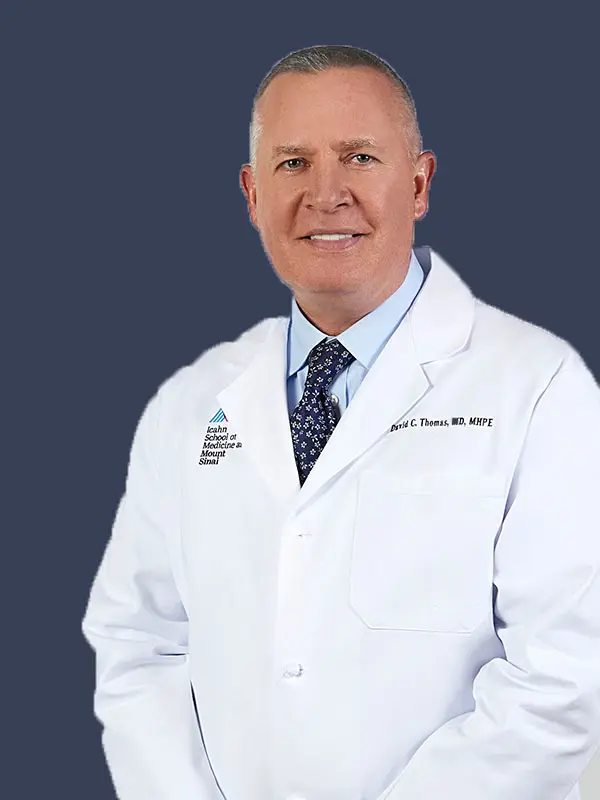
David C. Thomas, MD, MHPE
Professor of Medicine (General Internal Medicine); Vice Chair for Education, Department of Medicine
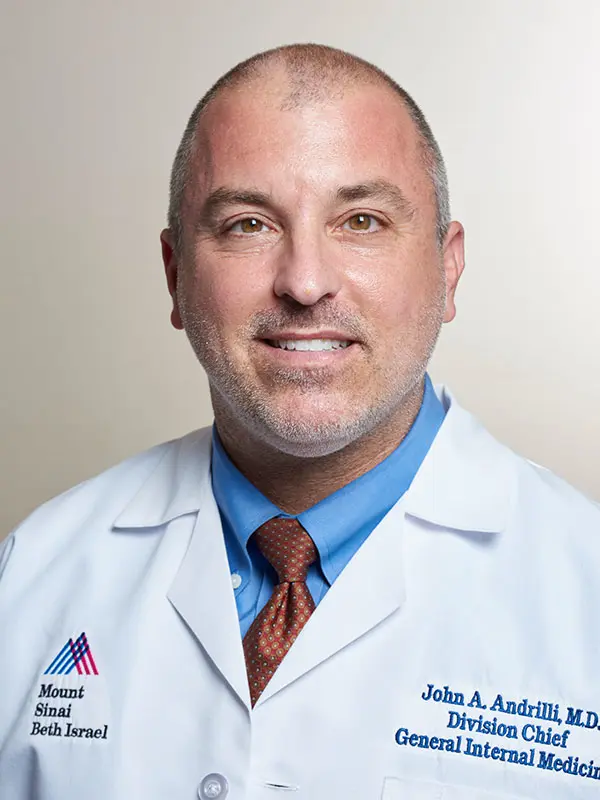
John Andrilli, MD
Associate Professor of Medicine (General Internal Medicine); Internal Medicine Residency Program Director, Mount Sinai Morningside and Mount Sinai West
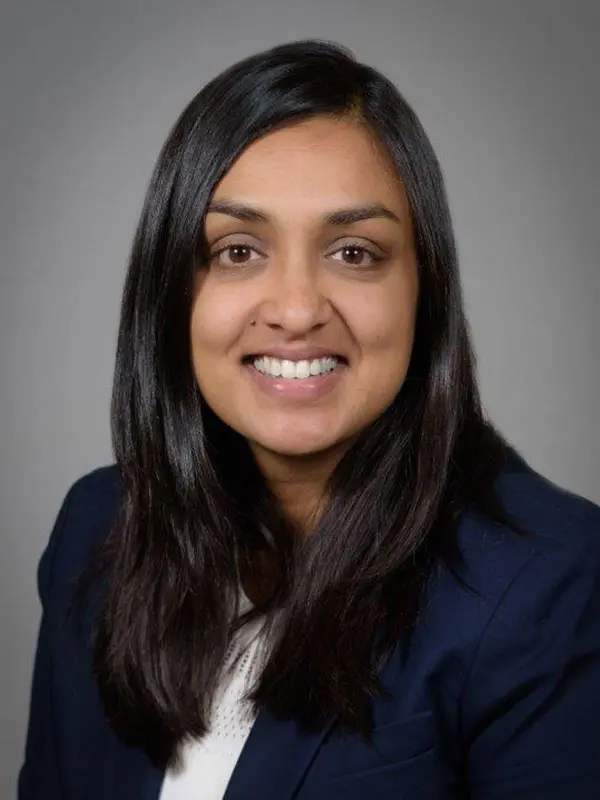
Sreekala Raghavan, MD
Associate Professor of Medicine (General Internal Medicine), and Medical Education; Internal Medicine Residency Program Director, Mount Sinai Beth Israel
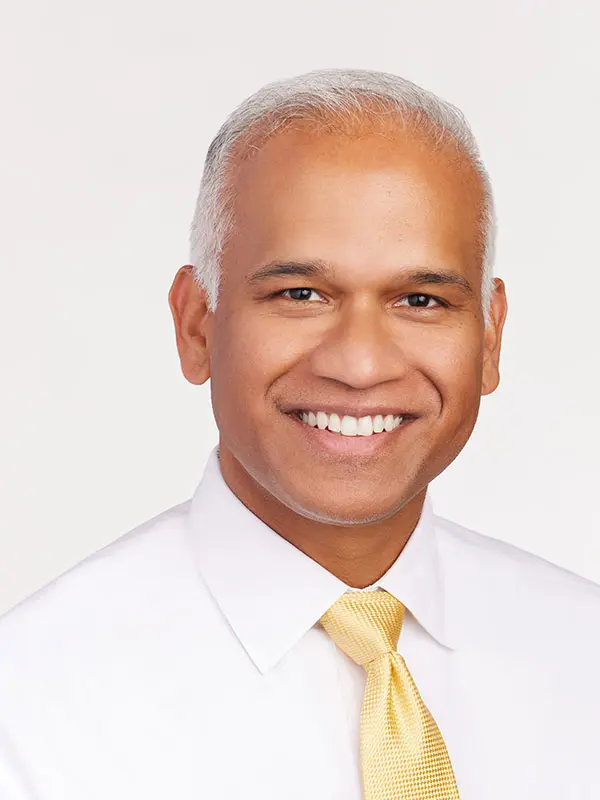
Adrian Majid, MD
Senior Faculty in Medicine (Infectious Diseases); Internal Medicine Residency Program Director, The Mount Sinai Hospital
